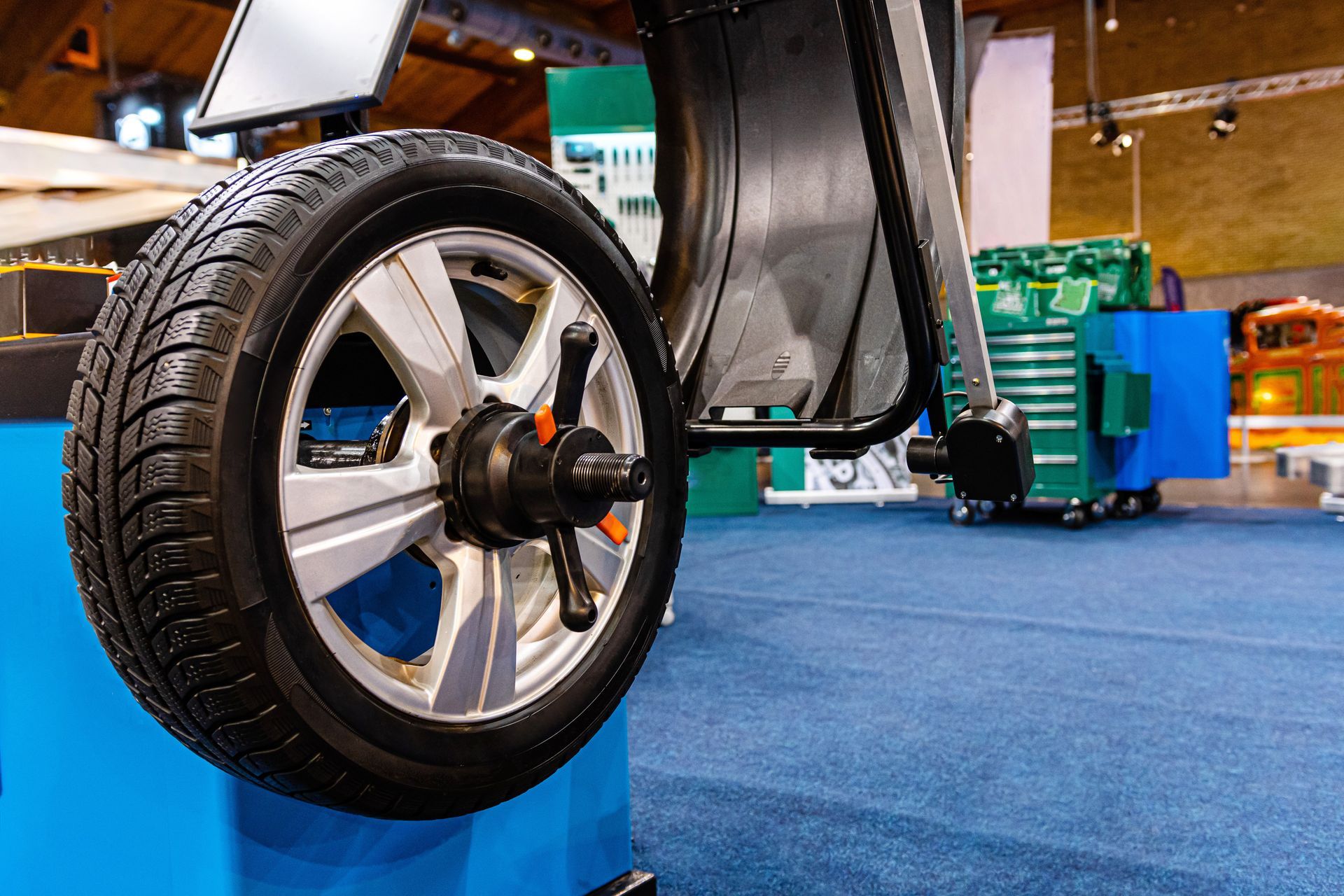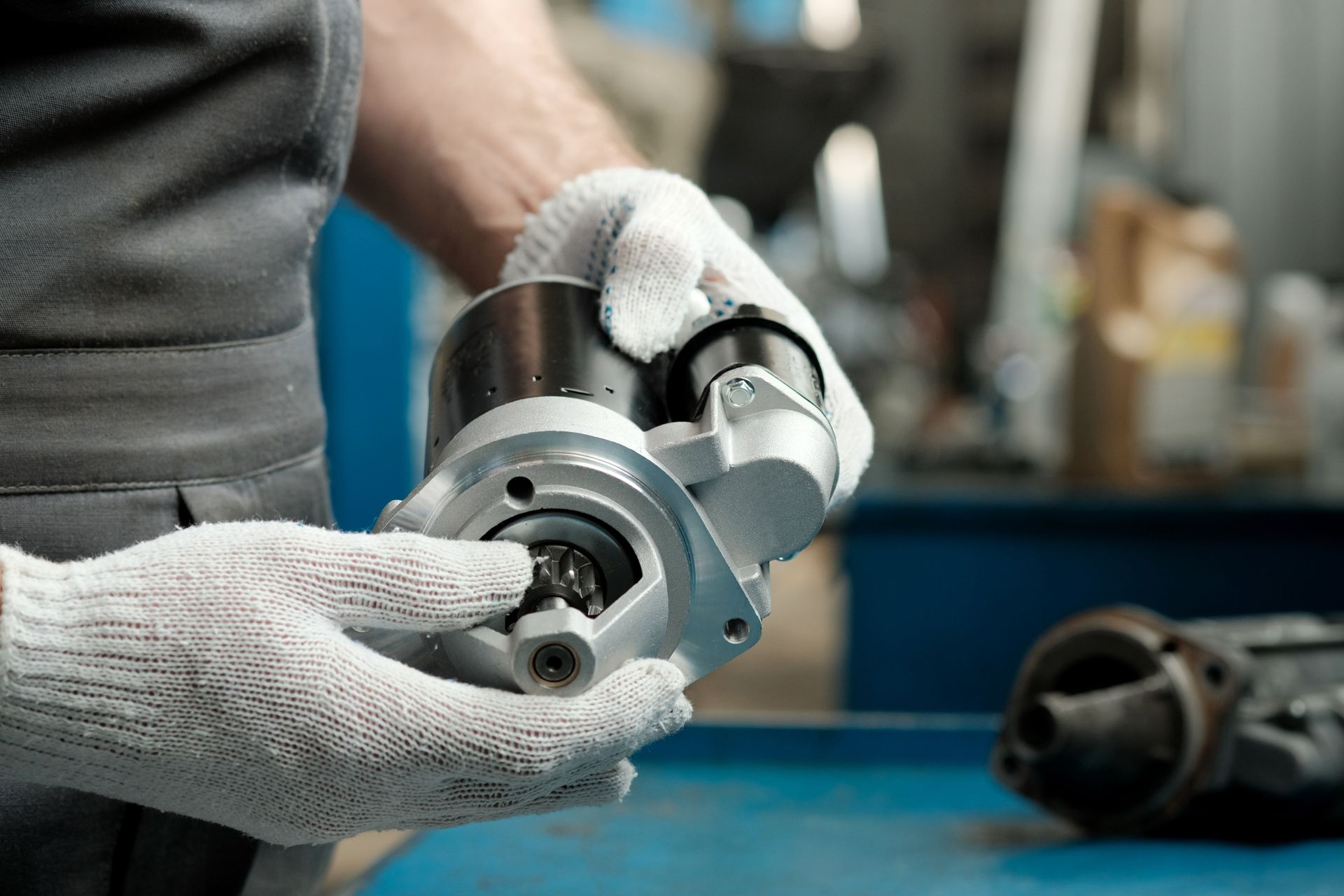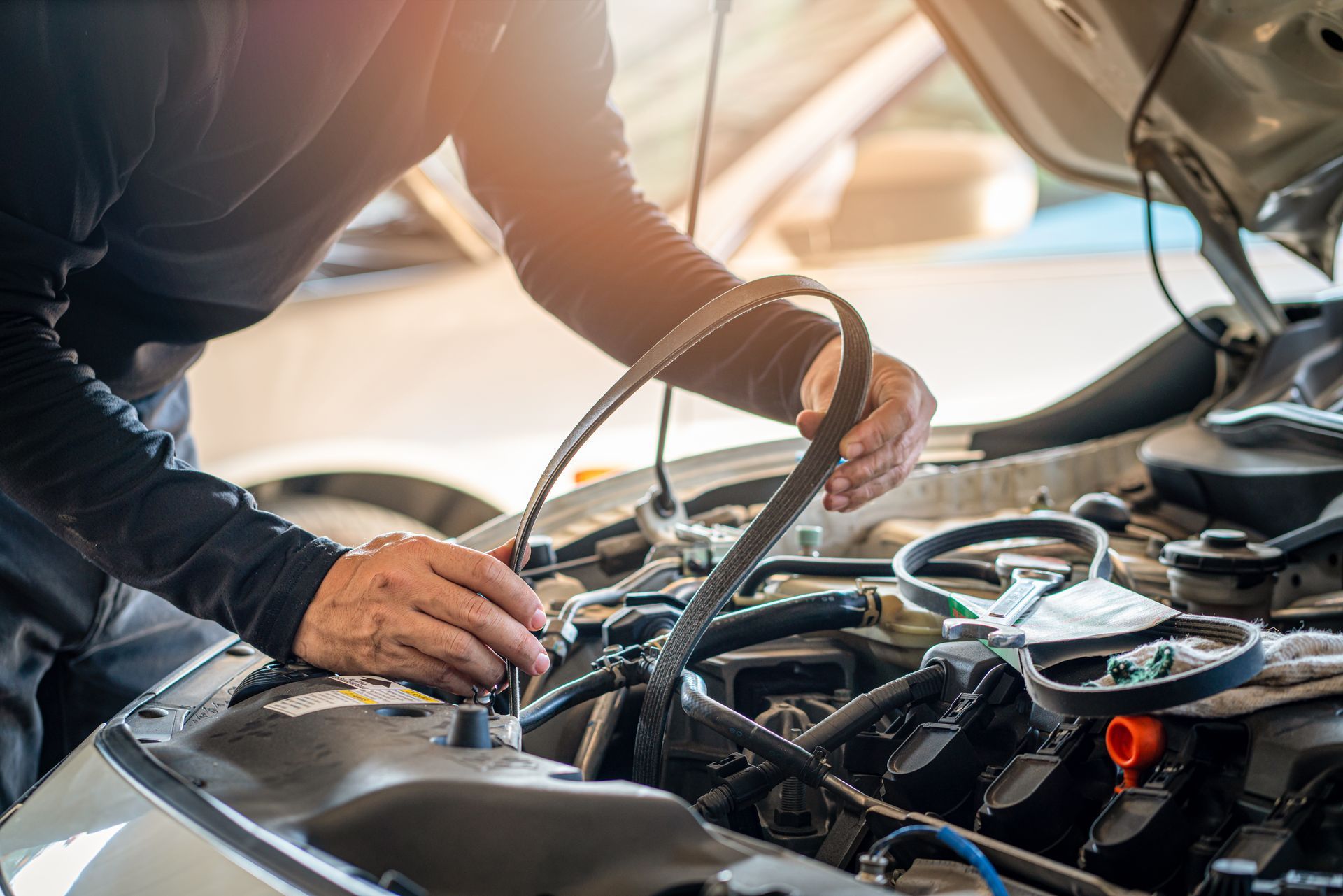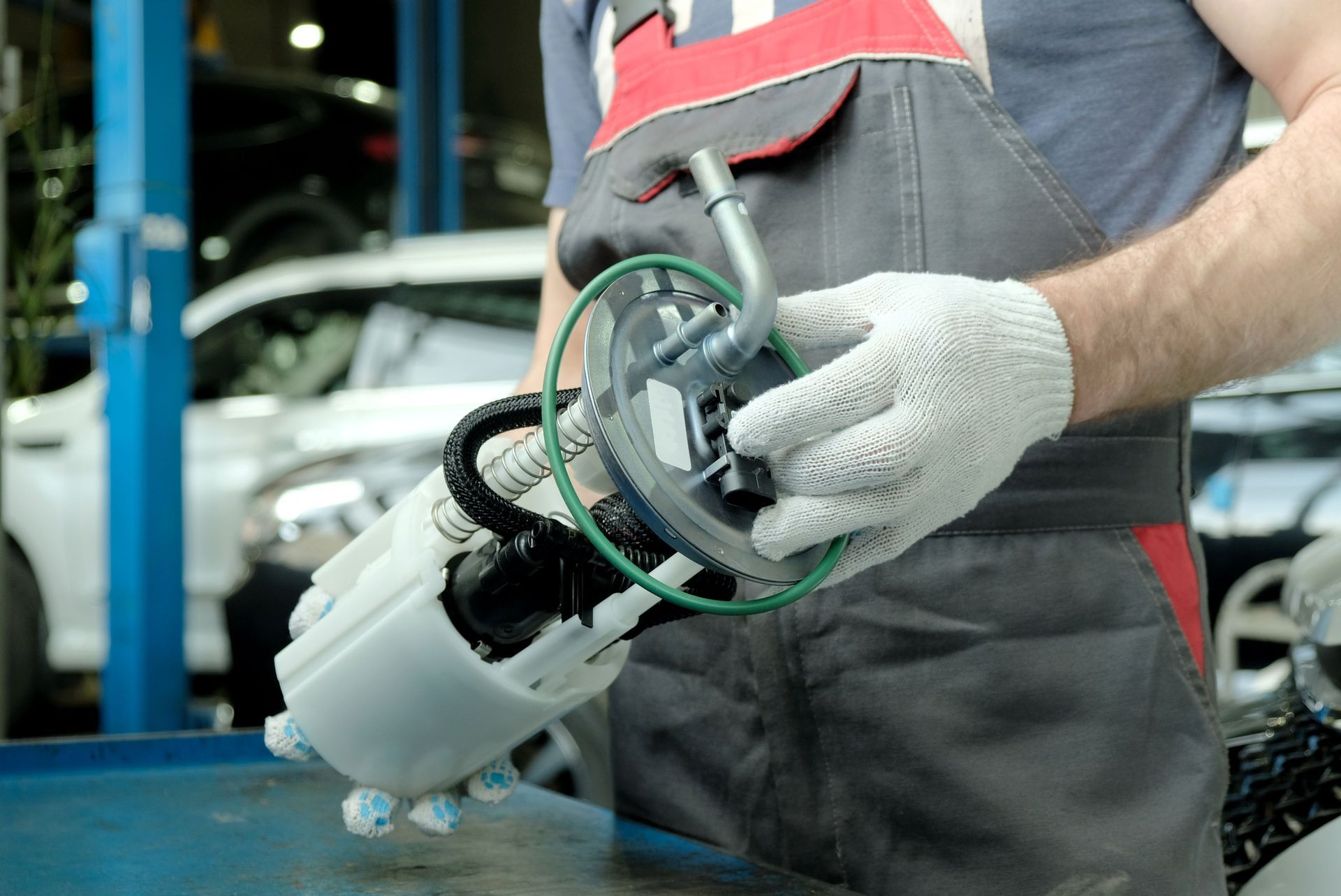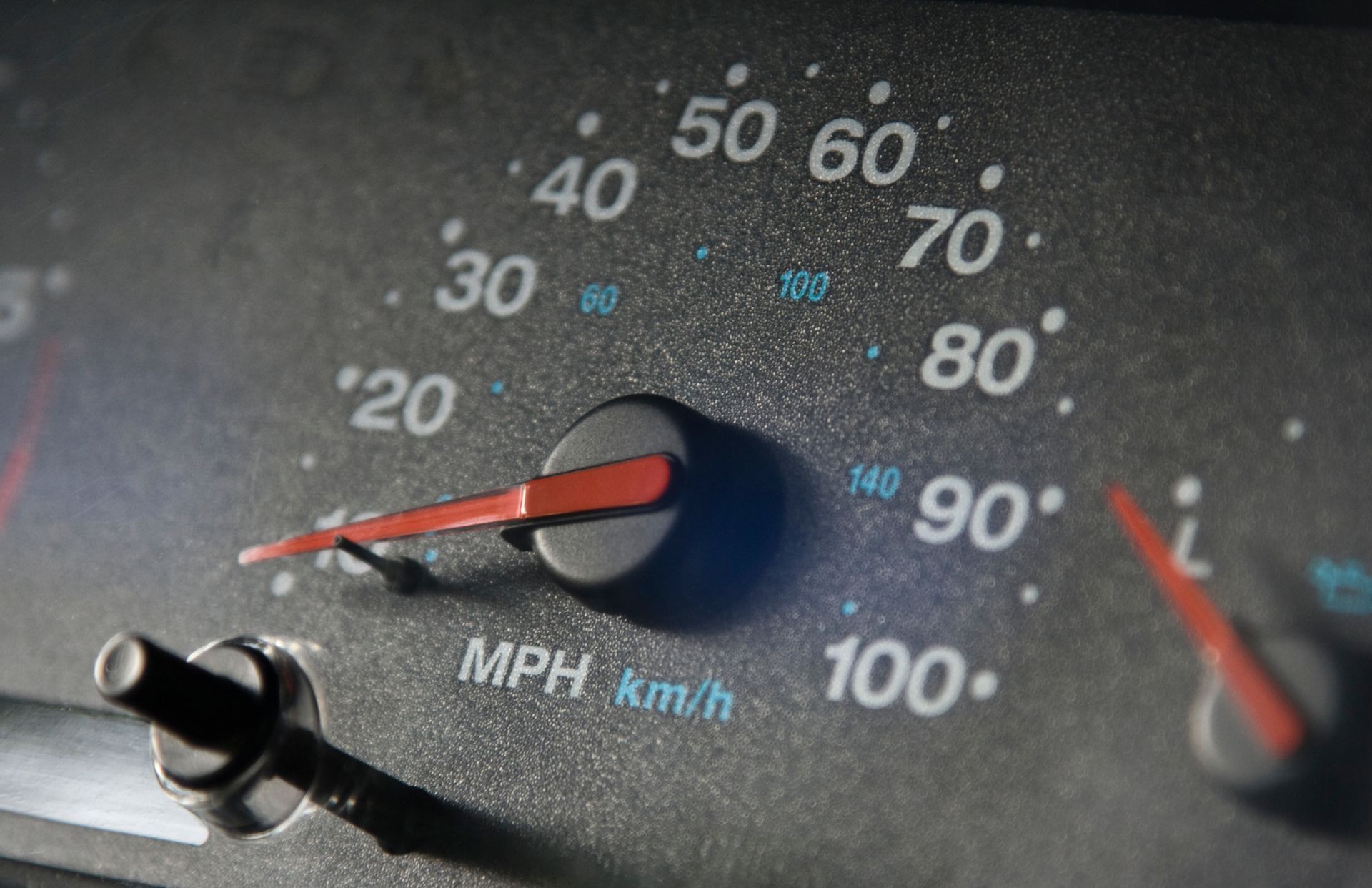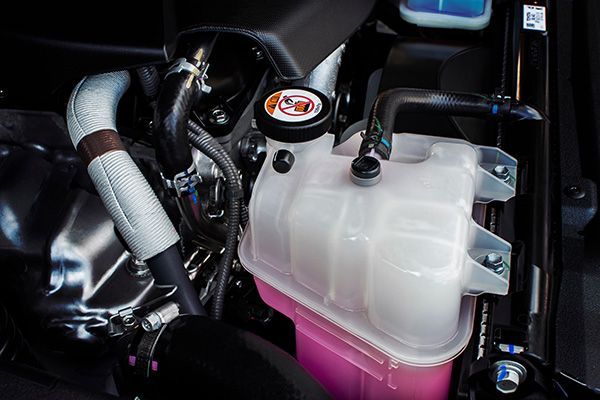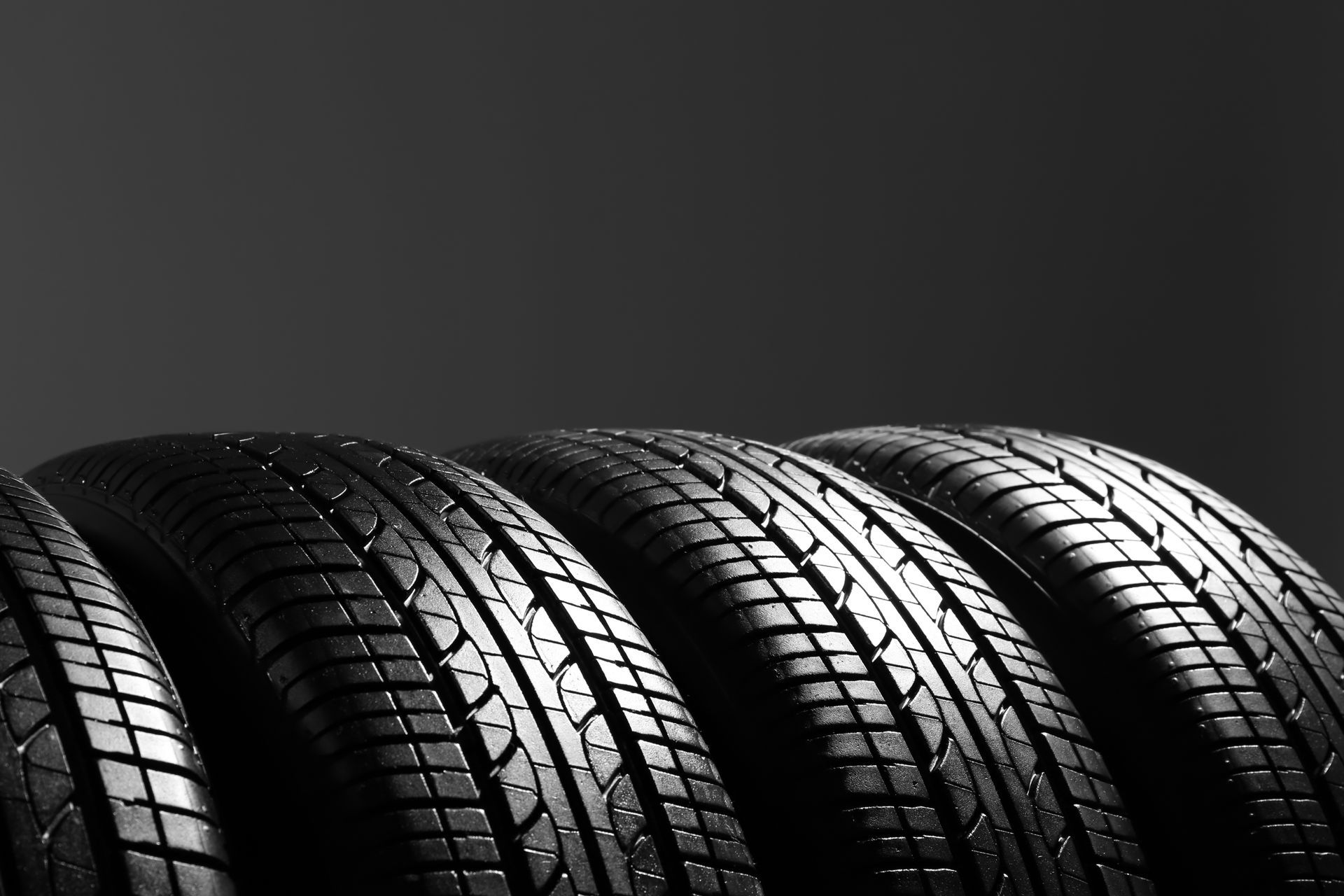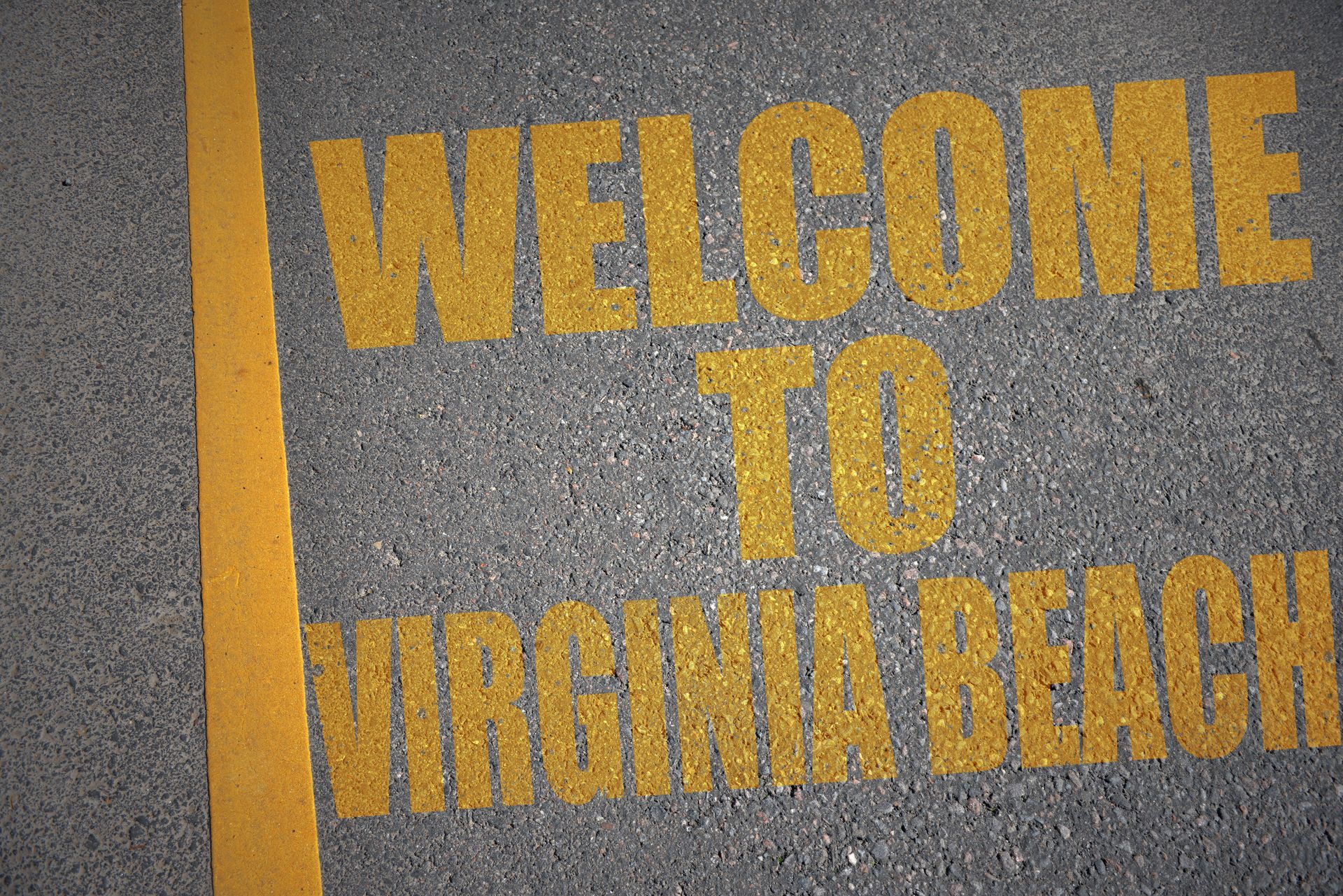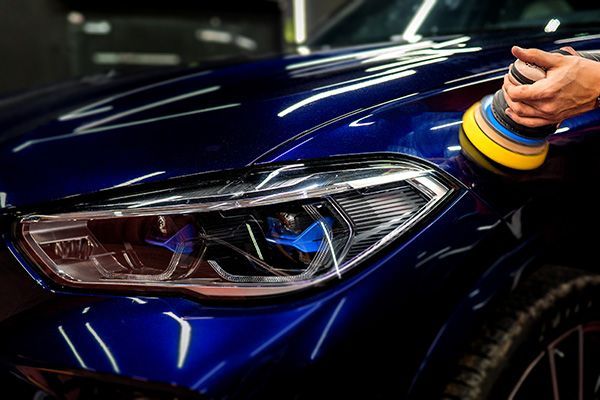A brake flush, also known as a brake fluid flush or brake fluid replacement, is a maintenance procedure performed on a vehicle's brake system to replace old or contaminated brake fluid with fresh brake fluid. The brake system is a critical component of a vehicle's safety, as it is responsible for slowing down and stopping the vehicle when needed. Brake fluid plays a crucial role in ensuring the brake system's proper operation.
Over time, brake fluid can become contaminated with moisture, debris, and other impurities, which can compromise the brake system's effectiveness. Moisture in the brake fluid can lead to corrosion in the brake lines and components, reduce the fluid's boiling point, and impair the overall performance of the brakes. To maintain the safety and reliability of the braking system, it's essential to periodically perform a brake flush. Here's an overview of the brake flush process:
- Assessment: A technician will first assess the condition of the brake fluid and the overall brake system. They will check for signs of contamination, moisture, or deterioration.
- Removal of Old Brake Fluid: The old brake fluid is removed from the brake fluid reservoir and brake lines. This is typically done using a brake fluid evacuation tool or by opening the brake bleeder valves at each wheel to drain the old fluid.
- Flush with Fresh Brake Fluid: Fresh, clean brake fluid is then added to the reservoir. The technician will use a brake bleeding procedure to ensure that the new fluid completely replaces the old fluid throughout the brake lines and components. This process may involve multiple iterations, starting from the wheel farthest from the master cylinder and working toward the nearest wheel.
- Bleeding the System: During the flushing process, air bubbles can get trapped in the brake lines. It's essential to bleed the system to remove these air bubbles, which can cause a spongy brake pedal and reduce braking efficiency.
- Testing: After the brake flush is complete, the technician will test the brakes to ensure they are functioning correctly. This includes checking for a firm and responsive brake pedal and confirming that there are no leaks in the brake system.
The frequency of brake fluid flushes varies depending on the manufacturer's recommendations, driving conditions, and the type of brake fluid used. Typically, brake fluid flushes are recommended every 2 to 3 years or every 30,000 to 45,000 miles. It's crucial to follow the manufacturer's guidelines and consult your vehicle's owner's manual for specific recommendations.
Regular brake fluid flushes help maintain the braking system's reliability, improve brake performance, and ensure your vehicle's safety on the road. Neglecting brake fluid maintenance can lead to brake system problems and, in severe cases, brake failure, which is a significant safety concern.

